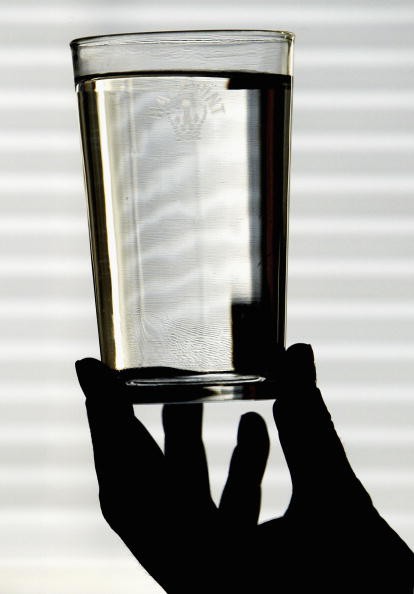A new study suggested that there is a link between inadequate hydration and obesity as well as elevated body mass index (BMI). These findings came even after controlling confounders.
According to the findings of a study published in the Annals of Family Medicine's July/August issue, adequate hydration may have a role to play in a person's weight. These findings prompt further discussion regarding proper hydration during weight management counseling.
The study, led by Tammy Chang, MD, MPH, MS, from the Department of Family Medicine at the University of Michigan, Ann Arbor, involved a nationally representative sample of about 9,500 adults aged 18 to 64. The BMI of each person was measured in continuous values and categorized into obese or not and their urine osmolality values were determined, with the results indicating whether a person was adequately or inadequately hydrated. The models were also adjusted for known confounders like age, sex, race or ethnicity, and even income-to-poverty ratio.
The study found that about 33 percent of the participants were not adequately hydrated. Researchers also found a link between dehydration and weight.
Chang and his colleagues wrote that the significant association between inadequate hydration and obesity as well as between inadequate hydration and elevated BMI has not been previously examined on a population level. While hydration has been considered a cornerstone of a weight-loss diet, there has not been any scientific proof of the correlation between hydration and weight.
Researchers therefore suggested that water, which is an essential nutrient, should be given a greater focus in weight management research and in clinical strategies.
The authors also clarified that because the data they have gathered is cross-sectional, they cannot say that inadequate hydration causes obesity and vice versa. What they found, however, was a significant relationship between the two.
Aside from obesity and elevated BMI, poor hydration has also been linked to worsened physical, emotional, and mental health. It may also affect a person's performance in tasks that need psychomotor, attention, and memory skills, as well as contribute to headaches, poor kidney function, and negative mood.
Time noted that the average American drinks only four cups of water a way, which is not nearly enough. At the same time, high obesity rates have not lessened despite the continued focus on physical activity and diet.
Chang stated that there is "so much focus" on exercise and on food, but that so much more than these two go into weight.
Here is a video about losing weight by drinking water:




























